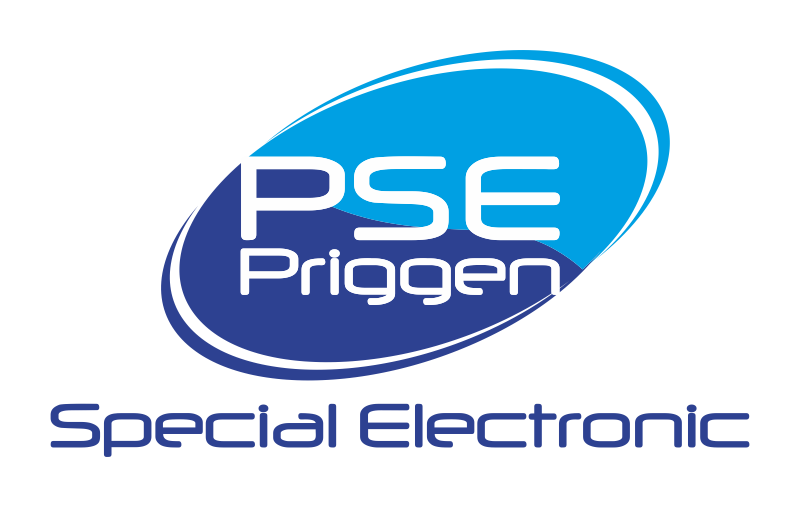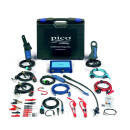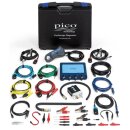
-
: 11 - 13 Workdays (DE - int. shipments may differ)
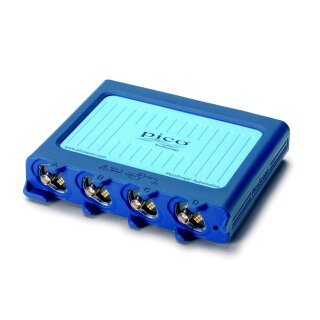
-
: 11 - 13 Workdays (DE - int. shipments may differ)
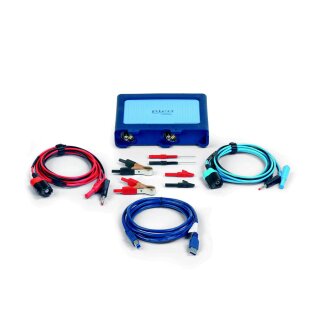
-
: 11 - 13 Workdays (DE - int. shipments may differ)
- SKU:
- PQ177ff
- SKU:
- PQ179ff
- SKU:
- PQ332
- SKU:
- PQ324
- SKU:
- PQ331
- SKU:
- PQ173
- SKU:
- PQ180ff
- Variations in:
-
- Variant
- SKU:
- PQ194ff
- Variations in:
-
- Variant
- SKU:
- PQ195ff
- Variations in:
-
- Variant
- SKU:
- PQ222ff
- Variations in:
-
- Variant
- 4 input channels
- Delivery as "Engine Quick Test" Kit with 31components
- Suitable for vehicle experts, used car dealers and sports car specialists
- New PicoBNC+ connection technology
- Supplied with free comfortable automotive diagnosis software
- Car brand independent diagnoses
- Variant with carry case and in foam trays for toolboxes available
- Large range of optional PicoBNC+ accessories available
Car Diagnostic Oscilloscopes – Precise Fault Analysis for Vehicle Electronics
Car diagnostic oscilloscopes are indispensable tools for the precise analysis and diagnosis of electronic systems in modern vehicles. They allow real-time measurement and visualization of electrical signals, which is crucial for fault detection in complex vehicle systems. Whether it's checking sensors, actuators, ignition systems, or engine electronics, car oscilloscopes provide detailed insights that simple diagnostic devices cannot offer. Learn here why a car diagnostic oscilloscope should not be missing from any workshop, what advantages it offers, and what to look for when purchasing one.
1. Why are Car Diagnostic Oscilloscopes so Important?
Modern vehicles are equipped with a variety of electronic systems, from engine electronics to brake systems and control units for comfort and safety features. Many of these systems communicate through electrical signals that change quickly and are difficult to diagnose. This is where car diagnostic oscilloscopes come into play. They capture and visualize electrical signals in real-time, allowing for a precise analysis of problems. This enables mechanics to accurately locate and repair electrical faults such as voltage spikes, short circuits, or defective sensors.
2. What Can a Car Diagnostic Oscilloscope Measure?
A car diagnostic oscilloscope measures a variety of electrical signals relevant to vehicle diagnostics. These include:
- Voltage Signals: Measurement of voltage levels in various systems, such as sensors and control units.
- Frequencies: Analysis of signals with specific frequencies, such as in ignition systems or timing generators.
- PWM Signals (Pulse Width Modulation): These are frequently used in modern vehicle controls to manage engines or other actuators.
- Crumble and Camshaft Sensor Signals: For the analysis of engine control and ignition timing.
These precise measurements help you quickly identify sources of faults without wasting time replacing parts unnecessarily.
3. What Should You Look for When Buying a Car Diagnostic Oscilloscope?
When purchasing a car diagnostic oscilloscope, you should consider the following aspects:
- Number of Channels: The number of available channels determines how many signals can be measured simultaneously. For comprehensive vehicle diagnostics, oscilloscopes with at least 2 to 4 channels are ideal.
- Bandwidth and Sampling Rate: The bandwidth determines how quickly the oscilloscope can capture signals. For car diagnostics, devices with at least 20 MHz bandwidth and a sampling rate of 50 MS/s (Million Samples per Second) are recommended.
- Triggering Options: A good car oscilloscope should have advanced triggering modes to accurately capture and analyze specific signal events.
- User-Friendliness and Software: A user-friendly interface and powerful software for data analysis and visualization are essential. Some models even offer specialized car diagnostic functions for interpreting the signals.
4. What Advantages Do Car Diagnostic Oscilloscopes Offer Over Simple Diagnostic Devices?
Compared to conventional OBD-II diagnostic devices, car diagnostic oscilloscopes provide much deeper insight into vehicle electronics. While OBD-II scanners only read fault codes, an oscilloscope shows the signals in real-time. This allows you to identify issues such as intermittent faults, defective sensors, or electrical disturbances, which are often overlooked by basic diagnostic devices. Furthermore, oscilloscopes can accurately analyze complex signals like ignition waveforms or CAN bus communications, which is essential for fault finding in modern vehicles.
5. Conclusion: Why Should You Use a Car Diagnostic Oscilloscope in Your Workshop?
A car diagnostic oscilloscope is a powerful tool that allows you to quickly and accurately diagnose electrical problems in vehicles. It provides comprehensive analysis of electrical signals that are critical for the smooth operation of modern vehicles. By visualizing the signals in real-time, you can accurately identify and address the sources of faults, saving both time and costs. In our online shop, you will find a large selection of high-quality car diagnostic oscilloscopes that meet your diagnostic needs.
